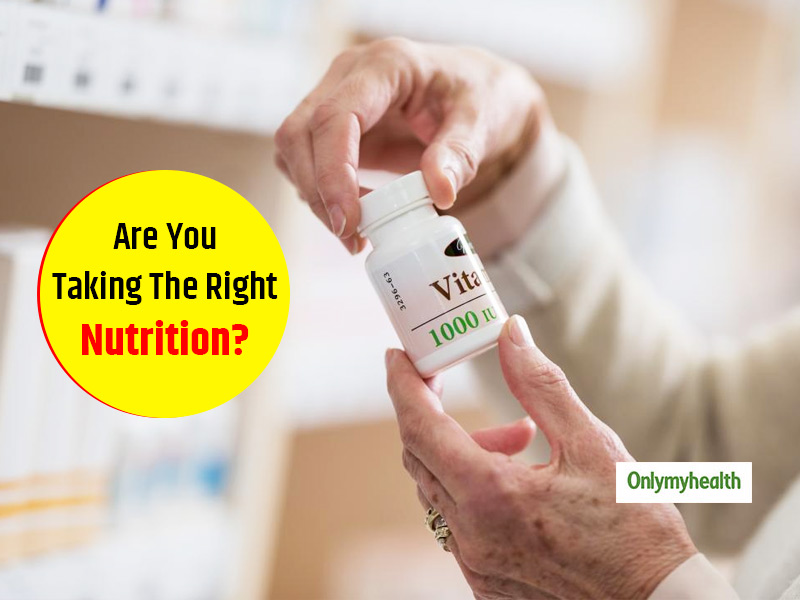
As you age, your body starts to lose out on some essential vitamins and minerals. They became deficient in the body and thus brings a lot of health problems. This is why you’d hear from every doctor to eat a balanced diet and take care of meeting the nutritional demands of your body so that you don’t fall prey to the age-related illnesses. It is better to take these nutrients through food rather than taking pills and capsules for the same. In this article, we will tell you some of these nutrients that go deficient with age. Thus, you must start including these in your diet for healthy aging.
Table of Content:-
Vitamin D

Vitamin D helps your muscles, nerves and immune system ie immunity system to function properly. Most people get some vitamin D from the sun but your body becomes less capable of converting sun rays into vitamin D with age. This vitamin is difficult to obtain from foods, but fatty fish such as salmon, mackerel and sardines are its good sources.
Also Read: Taking Higher Doses Of Vitamin D Supplement Harms Bone Health
Calcium

With increasing age, you are not able to get more calcium. This can weaken your bones more easily leading to the condition of osteoporosis, especially in women after menopause. Calcium helps your muscles, nerves, cells and blood vessels to function properly. You can only provide calcium if you intake it. Women over the age of 50 and men over the age of 70 need about 20% more calcium than other adults. Milk, yogurt and cheese are good sources of calcium.
Also Read: These Foods Give More Calcium Than Milk or Dairy
Vitamin B6
Vitamin C helps your body fight germs and make energy. It also helps in brain development of children. As you get older, you need more B6. Some studies have found associations between higher B6 blood levels and memory power in the elderly. But this vitamin does not improve mental abilities in people with dementia. Chickpeas is an easy and inexpensive source of this vitamin. In addition, fatty fish and snacks are also a good source of vitamin B6.
Vitamin B-12

Vitamin B12 helps to make blood and nerve cells. You get it naturally from foods like meat, fish, eggs and dairy. Pills, shots, and "B12-fortified" foods, such as breakfast serials and others are its sources. Most people eat it in sufficient amounts, but its quantity may change due to increasing age. Up to 30% of atrophic gastritis occurs in people over the age of 50, which makes it harder for your body to absorb vitamin B12 from foods. Antacids, some medicine, and weight loss surgery may contribute to B12 deficiency.
Probiotics

These friendly bacteria are good for your gut. You get them from fermented foods such as yogurt or sauerkraut, or supplements. These can help alleviate digestive problems such as diarrhea or irritable bowel syndrome. Not only this, they can also protect against allergies. If you are healthy, probiotics are likely to be safe. But if you are struggling with a health problem or if your immune system is weak then talk to your doctor before taking them.
Also Read: Know Why Prebiotics Are Important and How You Can Add Them To Your Diet
Magnesium
It helps your body make protein and bone, and it also keeps your blood sugar stable. You can get it from nuts, seeds and leafy greens. But the elderly consume it less. In addition, they suffer from prolonged health conditions or take many medicines. In both these situations, you may be deficient in magnesium.
Read More in Miscellaneous
How we keep this article up to date:
We work with experts and keep a close eye on the latest in health and wellness. Whenever there is a new research or helpful information, we update our articles with accurate and useful advice.
Current Version